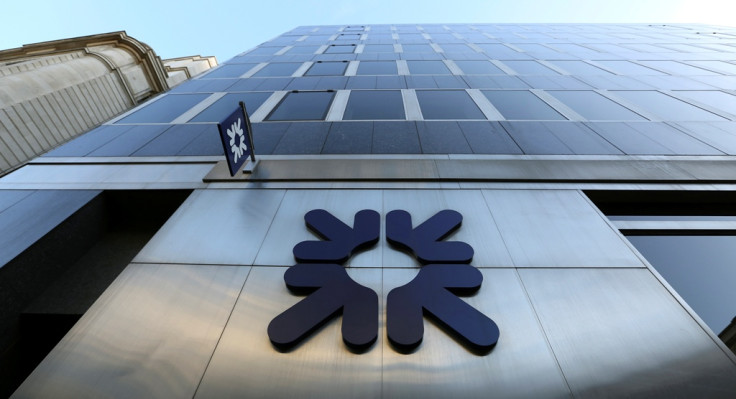Mis-selling Derivatives: RBS Lags Behind as Banks Only Pay 20% of Compensation Fund

The Financial Conduct Authority has revealed that the Royal Bank of Scotland is lagging behind the rest of Britain's biggest banks for settling thousands of cases related to the mis-selling of complex derivatives to small to medium enterprises.
The FCA's statement showed that banks have also only paid out 20% of the money it has set aside to compensate victims that were mis-sold interest rate swap agreements (IRSA), despite redress scheme nearing an end.
"Around 13,000 customers (80%) have already received a redress determination," said the watchdog in a statement.
"Bank of Ireland and Co-op have now completed their case reviews, while other banks remain on track to provide a redress determination to all customers within 12 months of starting their reviews. These banks are currently sending out more than 500 redress letters per week, and the customers who are still waiting should receive a letter in the next 2-6 weeks."
The FCA reviews process allows the banks, with the help of an independent reviewer that the financials also appoint, to investigate the IRSAs sold to determine if mis-selling occurred.
The banks are also in charge of deciding whether compensation is due and also the scale of redress. However, there is no deadline for any of the investigations or a scale of compensation within agreement.
Banks have set aside around £3bn to deal with the scandal but this total includes coverage for administrative costs, such as staffing.
The FCA said in a statement: "A large part of this provision covers the costs of having to get out of the corresponding "back-to-back" IRHP contracts entered by the banks.
"This cost should be seen as the value of the payments that customers would have continued to make to the banks under their IRHP agreements had the IRHP review not been put in place. In addition, the cost of undertaking the review is also taken into account."
In total, banks have forked out only £798m to 5,732 customers, out of nearly 30,000 cases assessed for potential mis-selling within 12 months of starting the review.
The FCA added that RBS is lagging behind its counterparts.
"RBS' rate of completion is marginally behind their projected position but the bank has now completed all reviews and passed them on to the independent reviewer for approval," said regulator.
"We meet regularly with RBS, currently more than once a week, to monitor its progress against forecasts and to ensure that the quality of customer outcomes is not being compromised."
What is an IRSA?
IRSAs are contracts between banks and customers where typically one side pays a floating or variable rate of interest and receives a fixed rate of interest payments in exchange.
Such contracts are used to hedge against extreme movements in market interest rates over a given period. Companies that saw the value of these products move against them as rates fell during the recession now owe banks inordinate sums of money in yearly interest payments.
© Copyright IBTimes 2025. All rights reserved.


















